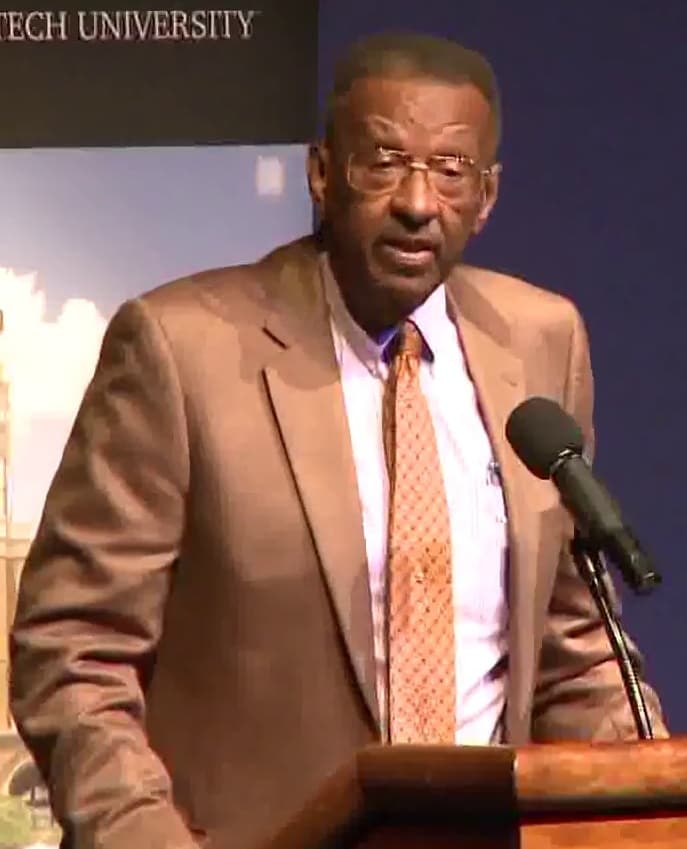Economist Walter E. Williams Likens Government Redistribution to a Form of Slavery

Fairfax, VA – Renowned economist Walter E. Williams, a long-time professor at George Mason University, articulated a provocative stance on government intervention, asserting that the forcible use of one American to serve the purposes of another through taxation and wealth redistribution aligns with his working definition of slavery. This perspective, frequently highlighted in his columns and lectures, underscores his libertarian and free-market principles.
Williams defined slavery as "a set of circumstances whereby one person is forcibly used to serve the purposes of another person and has no legal claim to the fruits of his labor." He argued that when the government, through its tax code, takes a significant portion of an individual's earnings to fund programs like Social Security, Medicare, welfare, or various subsidies, it effectively forces one person to labor for the benefit of others.
“The moral tragedy that has befallen Americans is our belief that it is okay for the government to forcibly use one American to serve the purposes of another—that in my book is a working definition of slavery,” Williams stated in a widely circulated quote attributed to him.
He often presented a "thought experiment" where he questioned whether forcibly compelling a neighbor to perform tasks for another, or to surrender earnings for the same purpose, would be deemed acceptable. Williams contended that while direct forced labor is universally condemned, the mechanism of taxation for redistribution merely changes the method, not the fundamental act of compulsion.
Williams maintained that much of the federal budget, which he estimated at two-thirds to three-quarters, represents Congress taking the earnings of one American to give to another. He consistently argued that such actions lack constitutional authority and violate the principle of self-ownership, where individuals have a right to the fruits of their labor.
His arguments were rooted in a strict interpretation of the U.S. Constitution, emphasizing limited government and individual liberty. Williams, who passed away in 2020, was a prominent voice in conservative and libertarian circles, known for his unwavering advocacy for free markets and his critical analysis of government expansion beyond its enumerated powers.